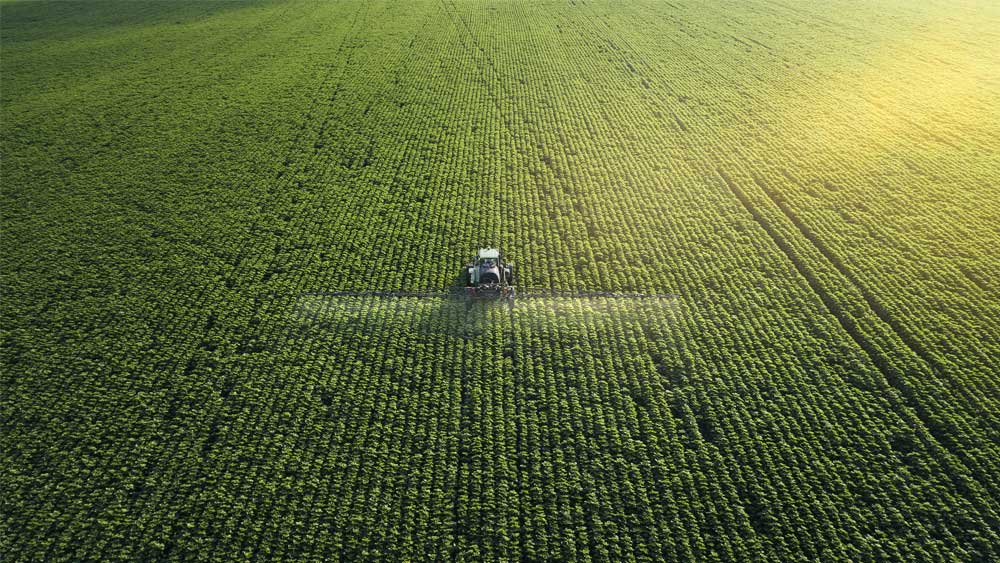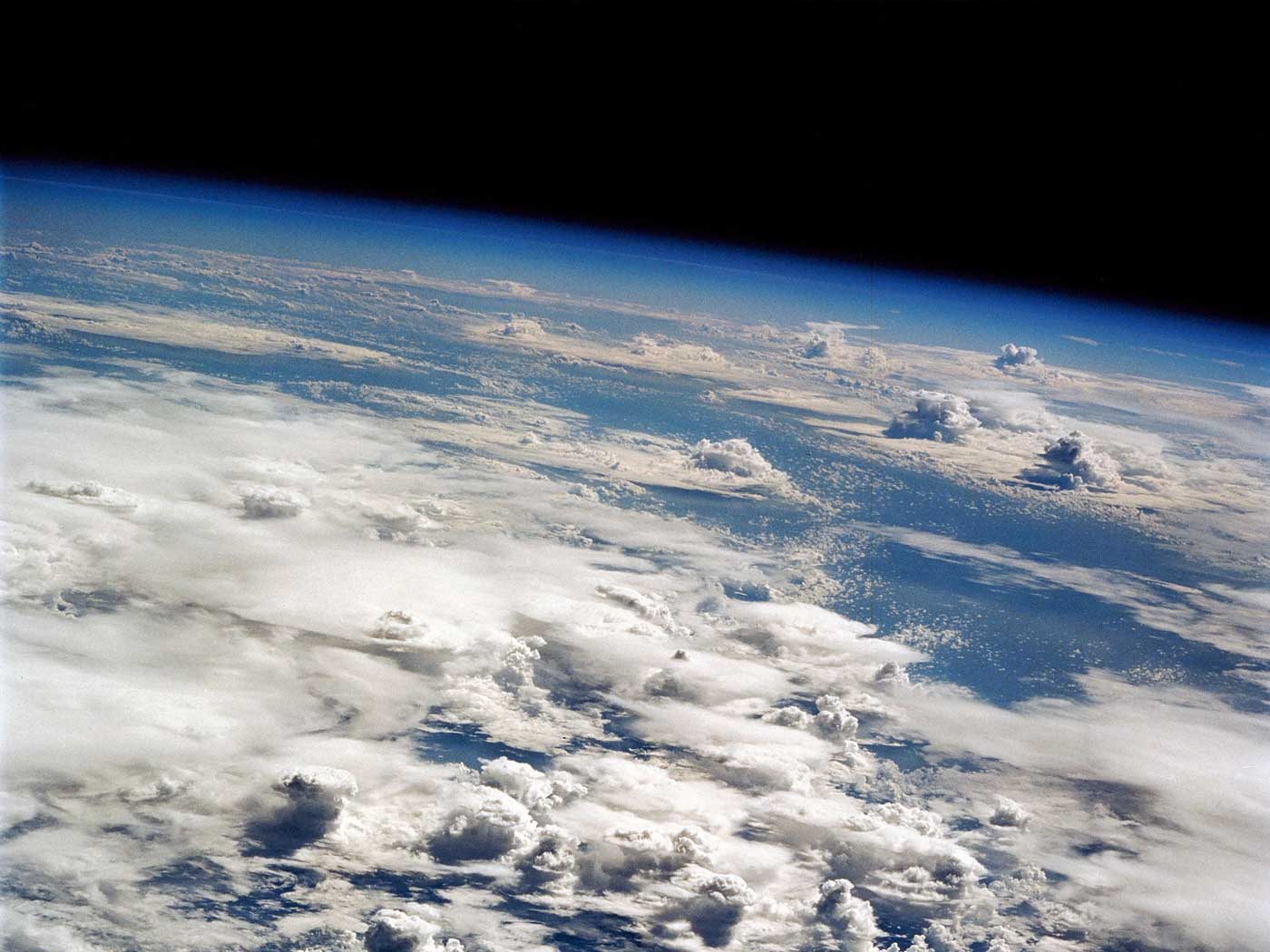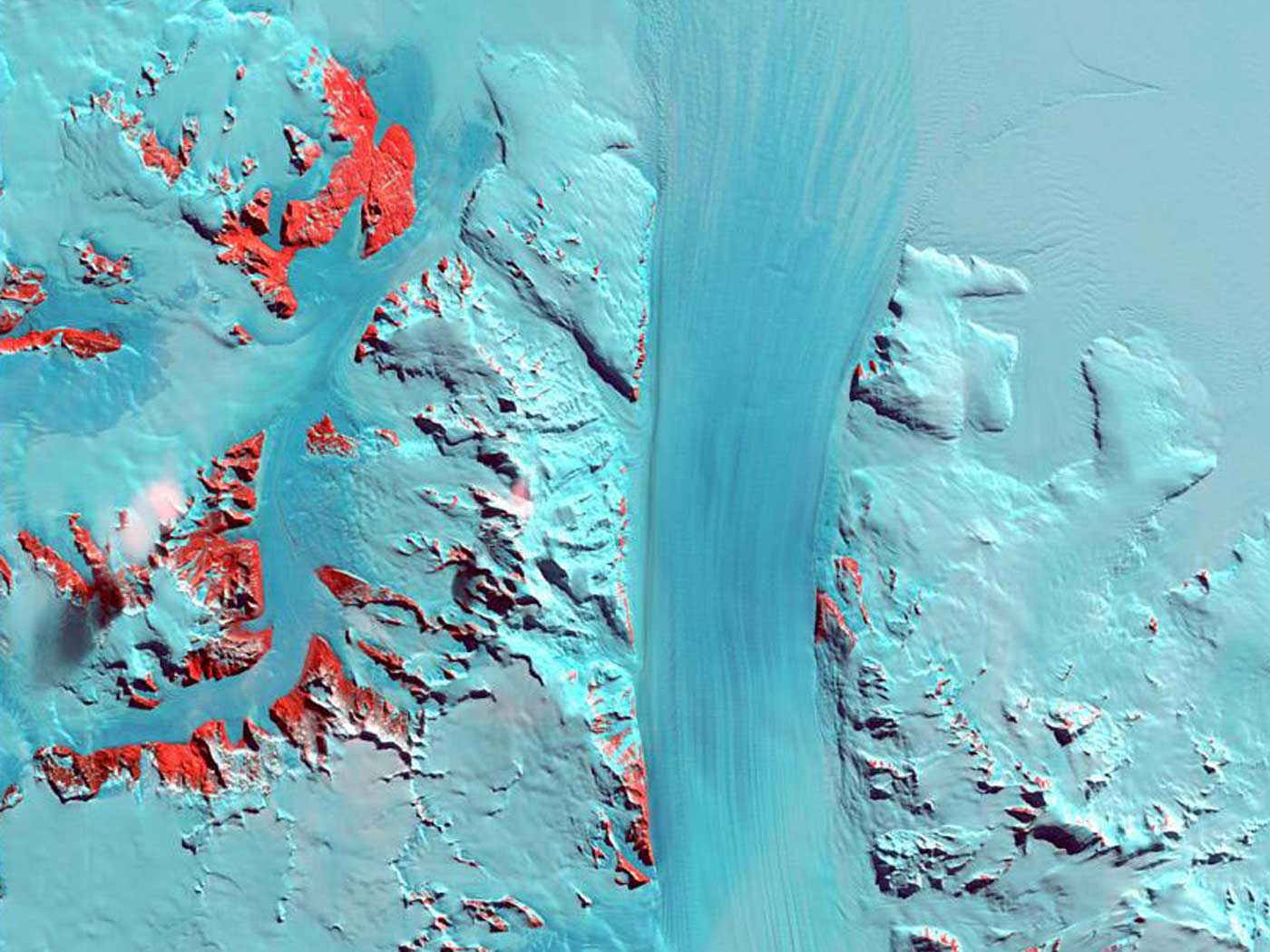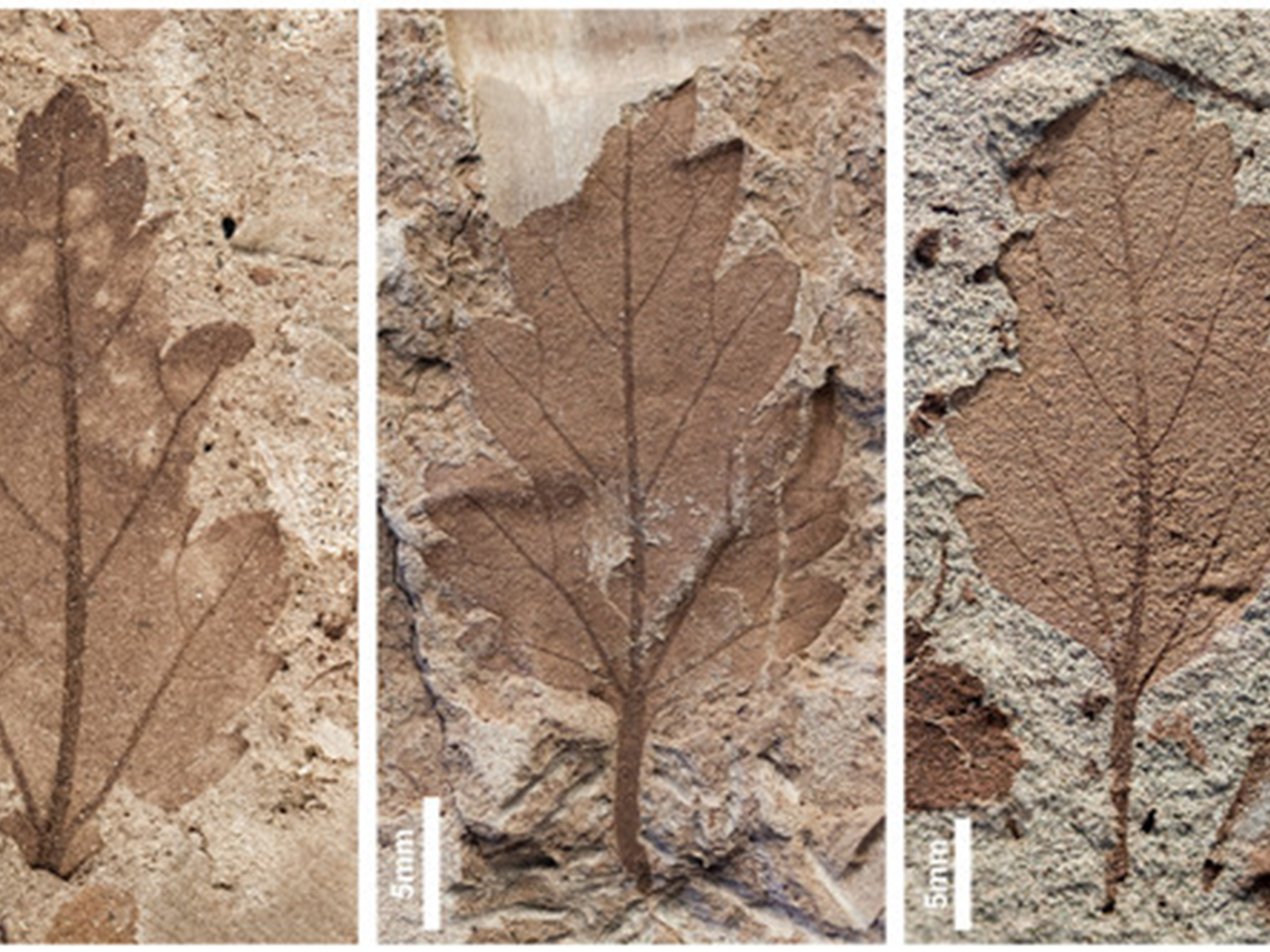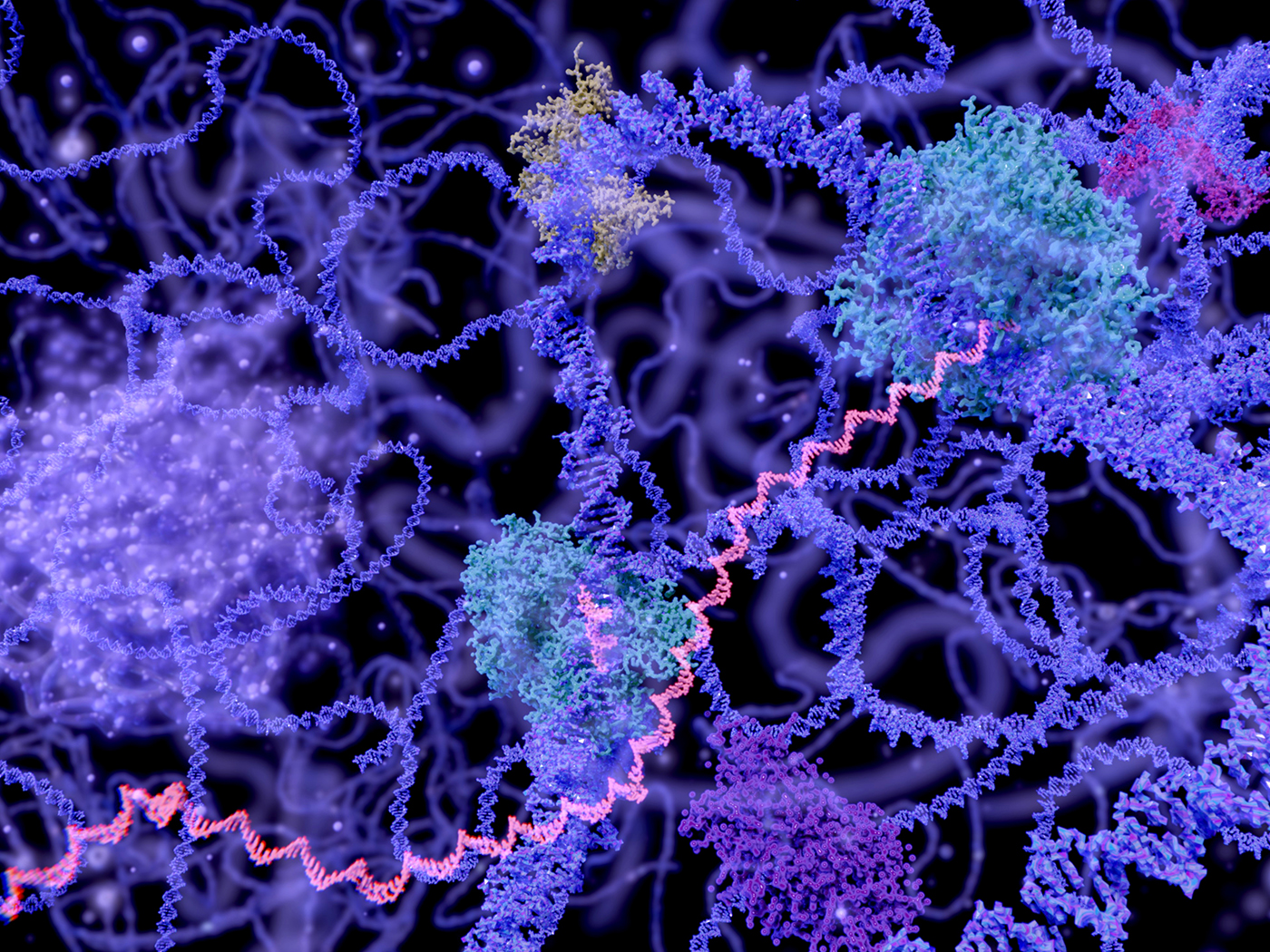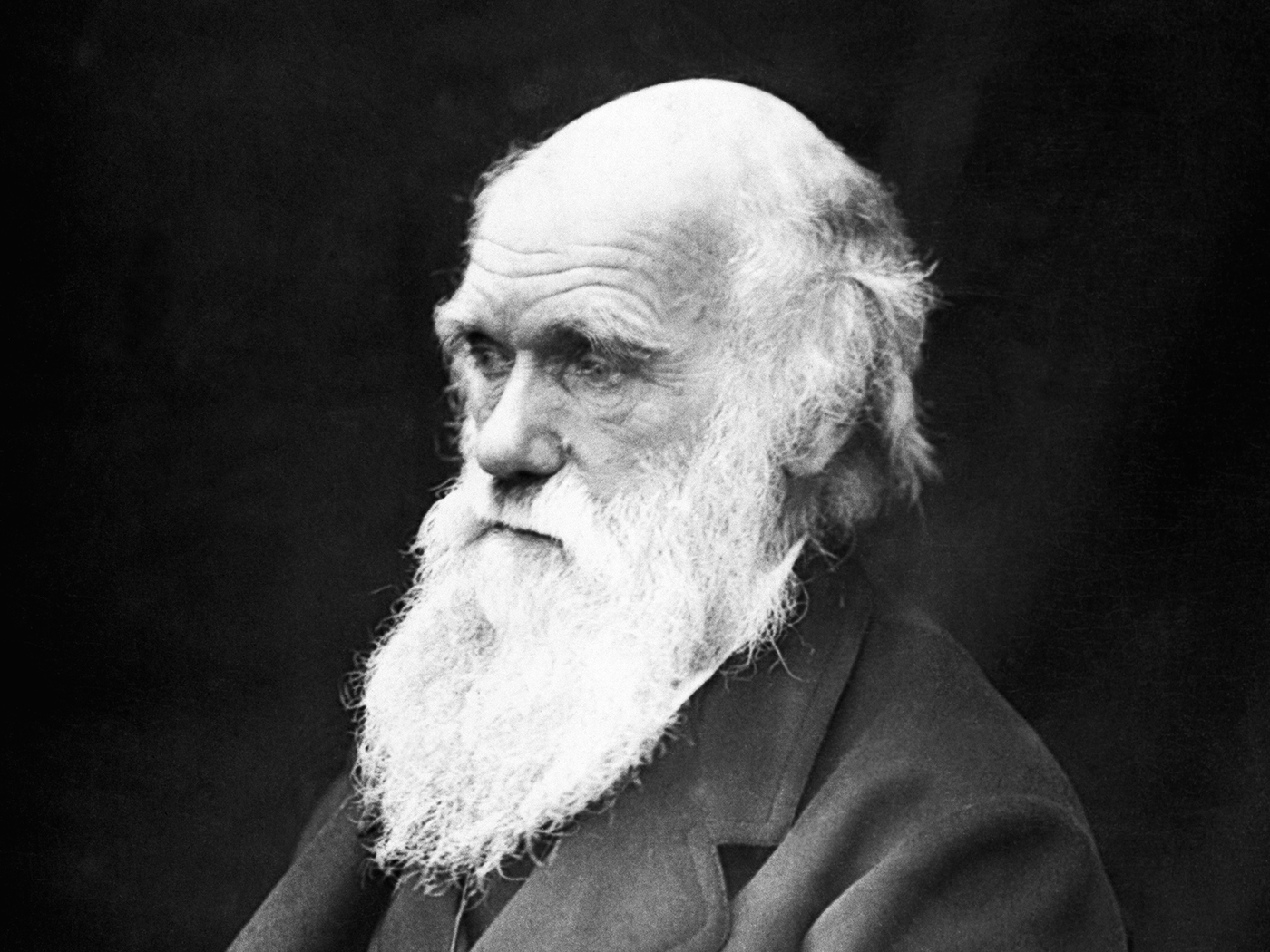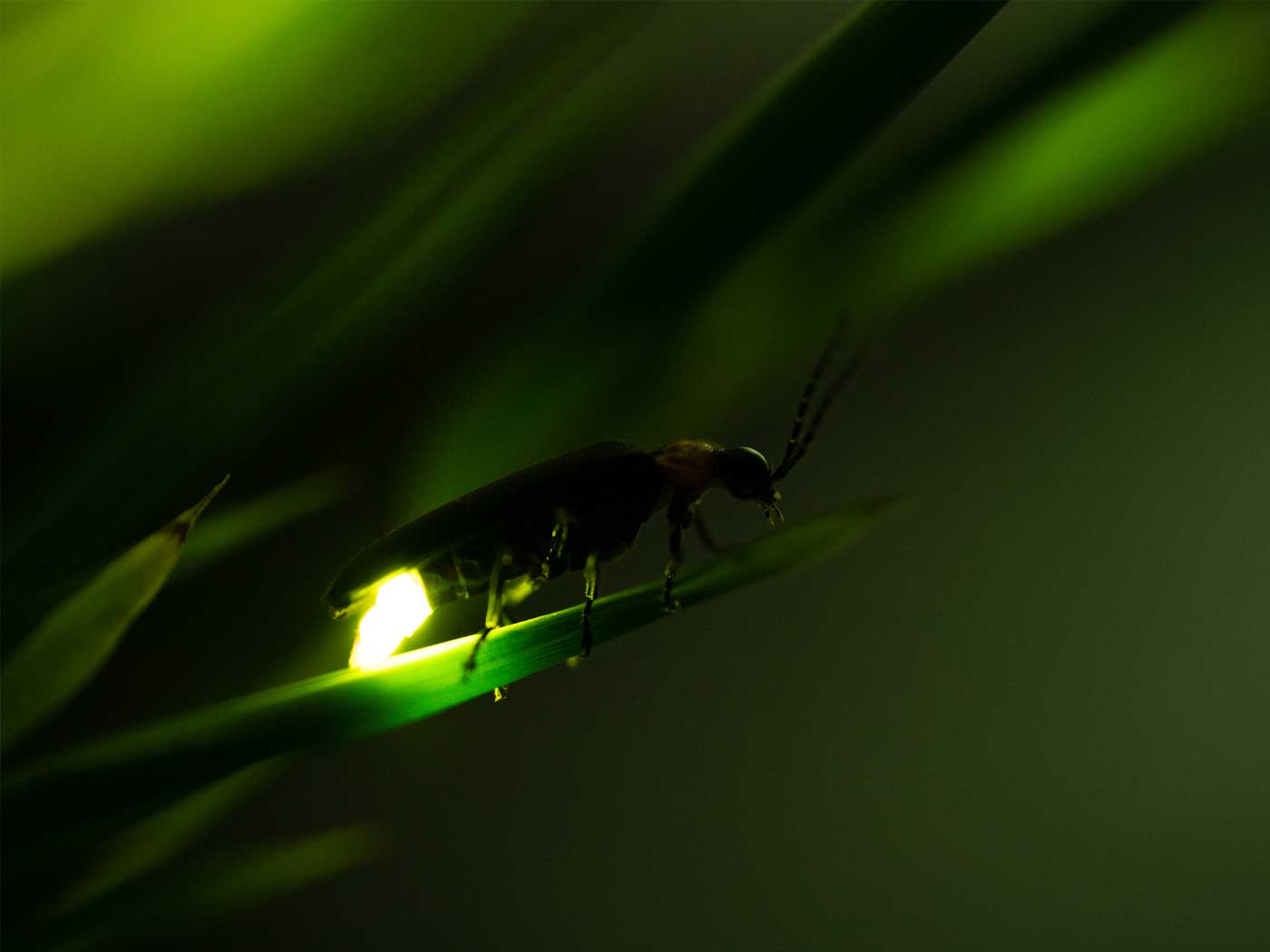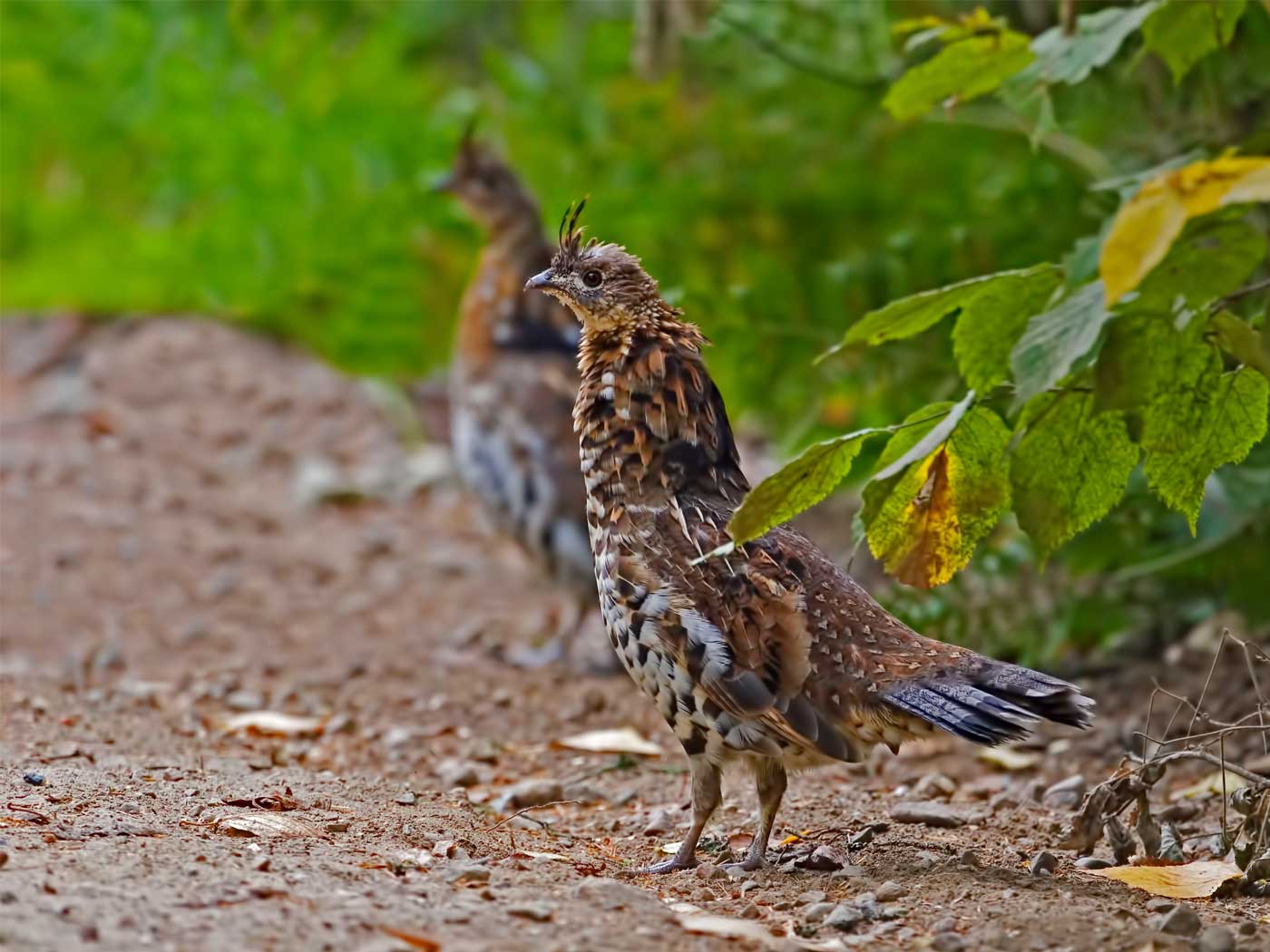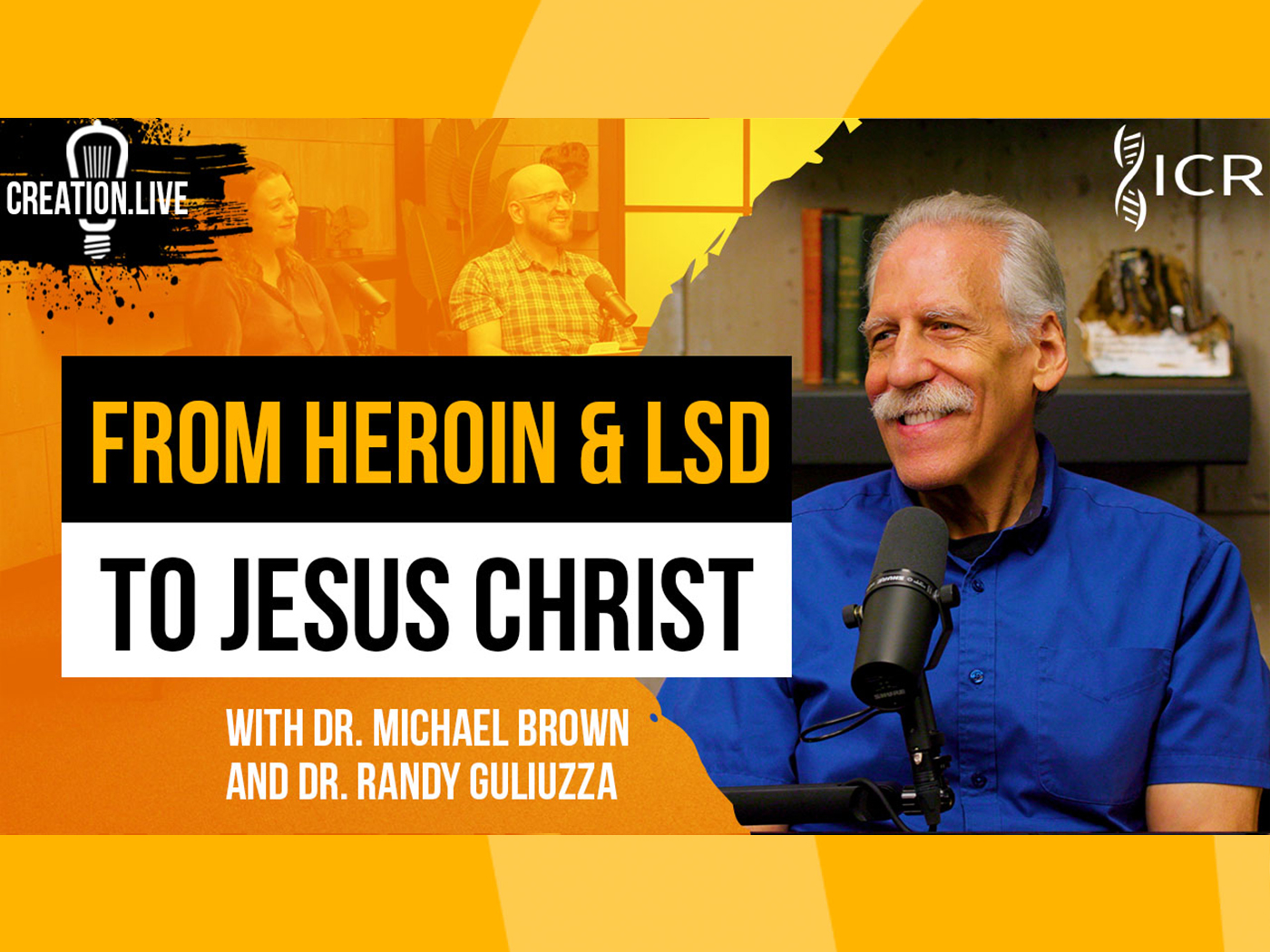The main fundamental biological process that drives global agriculture is large-scale photosynthesis. Crops use carbon dioxide, water, and sunlight to produce carbohydrates along with the emission of life sustaining oxygen. A small fraction of the total carbon they scrub from the atmosphere is retained in the plant roots. However, most of the carbon that crops produce is bound in the form of carbohydrates that are harvested and utilized by various sectors of society and sustain life all over the earth. This agriculture is in the form of cereal grains, oilseed crops, fruits and vegetables, forage crops, and grassland. To ignore this huge benefit of crop plants and the role they play in the global carbon cycle is irresponsible to say the least.
Dr. Per Frankelius, an Associate Professor at Linköping University, recently published a paper in Agronomy Journal. He took the value of photosynthesis and the huge role it plays in positively influencing climate change into account and factoring it into carbon models.1 Frankelius stated in an interview,
The fact that the carbon is bound in the crops, which at the same time produce oxygen, just as growing forest does, is a positive effect that is not included in the IPCC calculations. These only consider the greenhouse gases that have a negative impact on the climate.2
While it is true that a number of aspects of agriculture (such as running farm equipment) can emit greenhouse gasses, the overall benefit of photosynthesis on a massive scale must be included and not ignored. Furthermore, there has been significant advances made in agricultural production and farming practices that continue to greatly reduce the level of carbon emissions associated with agriculture. These environmentally friendly advances include: the use of fossil-free mineral-based fertilizers, the increasing use of recycled biomass in the form of carbon-bound biochar, use of biodiesel, electricity, fuel cells, steam powered engines, planting trees along field edges, and various methods to reduce soil compaction.
ICR stated,
Climate change really heats up the headlines. Alarmists clamor that human activity and man-made pollutants are catastrophically disrupting Earth’s weather patterns. But is it all just a bunch of hot air? Well…mostly. True, over the last century Earth has gradually gotten warmer. But around 400 years ago it cooled with the Little Ice Age, and around 1,000 years ago it heated into the Medieval Warm Period. Climate change appears to reflect the natural ebb and flow of Earth’s temperatures.3
Now it looks like we need to add the huge benefit of global photosynthesis to the climate debate mix as well.
References
1. Frankelius, P. 2020. A proposal to rethink agriculture in the climate calculations. Agronomy Journal. 112 (4): 3216 DOI: 10.1002/agj2.20286.
2. Linköping University. Agriculture—a climate villain? Maybe not! A proposal to rethink agriculture in the climate calculations. ScienceDaily. Posted on Sciencedaily.com July 7, 2020, accessed July, 2020.
3. Staff Writer. ICR and Climate Change. Creation Science Update. Posted on ICR.org July 5, 2018, accessed July 7, 2020.
*Dr. Tomkins is Director of Research at the Institute for Creation Research and earned his doctorate in genetics from Clemson University.




